
Alpkiteer Kate Rew humorously discusses the challenges of entering cold water, highlighting personal perspectives on the experience.
Cold water - how do you get in? Why do you do it? Is there any way to make it easier? Alpkiteer Kate Rew eases us in.
I am either monumentally rubbish at getting into very cold water, or monumentally good, depending on which way you look at it. 'Rubbish' because I experience very little high from the whole experience, and every type of regret before I take off my clothes. ‘Good’, because I do it anyway, even though it isn’t easy for me, because it makes me feel (variously) alive, stoic, awake (there’s always that shot of adrenaline) and pleased to be part of this beautiful rain-lashed wind-whipped planet.
Cold Water Tips
- What is considered cold water swimming?
- How to get into cold water
- How to warm up after cold water swimming
- Why to go cold water swimming
What is considered cold water swimming?

Perhaps the first thing to do is understand temperatures in bands of experience: 17 degrees C plus is summer swimming, lazy hazy and idyllic; 12 to 16 degrees is fresh (a little gaspy getting in perhaps, but not too bad); 6 to 11 degrees C is freezing (swims become shorter and more therapeutic as the thermometer goes down); and below 6 degrees is Baltic, and for most not about swimming at all, more about dealing with a brutal experience.
Coastal dwellers rarely have to deal with Baltic (except curtesy of wind chill), while freshwater tracks air temperatures so for some of us, this harsh waterscape is already here. At which point you need to ask yourself: do you have to get in? The answer is no. Many committed swimmers hang up their trunks at the end of September and are not seen again till May. Others surrender around now. It’s media mirage that everyone is winter swimming: really, they are not!
How to get into cold water
Next up: physically, how do you do it? Some tips.
One: the gasp reflex that you will experience getting in mutes very quickly – as few as five or six three-minute immersions where the whole body (not the head) are immersed in cold water will halve the ‘cold shock response’ (the initial gasp, rapid breathing, increased heart rate and blood pressure). So however dramatic things feel for you, bear in mind they will get better. I recommend calming things down further by splashing water over yourself when your feet are still on the ground which helps bring breathing under control. I like to stand in the water (not too long, heat ebbs out of us by the second) and dab it in my pulse points – wrists, neck, chest, back – before lunging forward. A physiologist has told me it’s irrelevant where the water goes, it’s just how much skin you cover, but it’s a ritual. Once I’ve started it, it’s that much easier to keep going to the conclusion (immersion).
Two: find your own method of breath control. I like to exhale through my mouth, a long slow full exhale, just before I step in. That long slow exhale is a letting go, a decisive moment, a point of no return. (I am not a fan of hyperventilation myself: give me a long, slow exhale any time. Part of what I love about swimming is the prana, how it engenders deep, calm, rhythmic breathing, an opportunity to reverse the shallow, fast breathing a lot of us fall into).
Three: keep it short! And purposeful. For that first little bit nudge any drama aside in favour of counting strokes (10 may be enough), swimming to a close rock or a tree, focusing on your breathing. Those internal questions like: how much does this hurt? How much do I not want to be doing this? Have no place here. Give your body time to regulate its breathing, and light its internal fire, where you can feel your skin burning. Let the cold annihilate all thought.
How to warm up after cold water swimming

And that, those seconds or few minutes, might well enough: get out and get changed as quickly as you changed getting in (in winter you can lose a lot of warmth on the banks). Reward yourself with a warm drink and a warm coat, and a pat on the back.
Why to go cold water swimming
Cold water has had fans for hundreds of years, and is inspiring a cultish devotion at the moment, with wild and insistent claims about its health benefits. I don’t engage with any of it, not just because of the lack of science, and excess of prescriptive instruction, but because I suspect that giving swimming a utility, turning it into something that we consume for own own material benefit, is missing the point.
I suspect the real richness of swimming comes from doing it not because it’s good for you, but because you love it. And the real transformation it offers us is that of sinking down and becoming part of the planet again, skin to skin with the elements. Which is why – however erratic my winter swimming – I do still do it. Because it’s long between October and May to not feel how it feels to be right at the heart of a storm, shot at by hail, underneath the belly of a swan as it takes off or part of the planet and all the elements again, in a place where moons wane, storms swell, and life ebbs and flows throughout the seasons.
Kate Rew is an Alpkiteer, author of The Outdoor Swimmers' Handbook, and founder of The Outdoor Swimming Society.

![Tarka Wetsuit [Mens]](http://eu.alpkit.com/cdn/shop/files/mens-tarka-2025-1.jpg?v=1744741374&width=768)
![Tarka Wetsuit [Mens]](http://eu.alpkit.com/cdn/shop/files/mens-tarka-2025-4.jpg?v=1744741374&width=768)
![Tarka Wetsuit [Womens]](http://eu.alpkit.com/cdn/shop/files/womens-tarka-2025-1.jpg?v=1744741661&width=768)
![Tarka Wetsuit [Womens]](http://eu.alpkit.com/cdn/shop/files/womens-tarka-2025-3.jpg?v=1744741662&width=768)
![Straven [Womens]](http://eu.alpkit.com/cdn/shop/files/womens-straven-2025-1.jpg?v=1744741948&width=768)
![Straven [Womens]](http://eu.alpkit.com/cdn/shop/files/womens-straven-2025-3.jpg?v=1744741949&width=768)
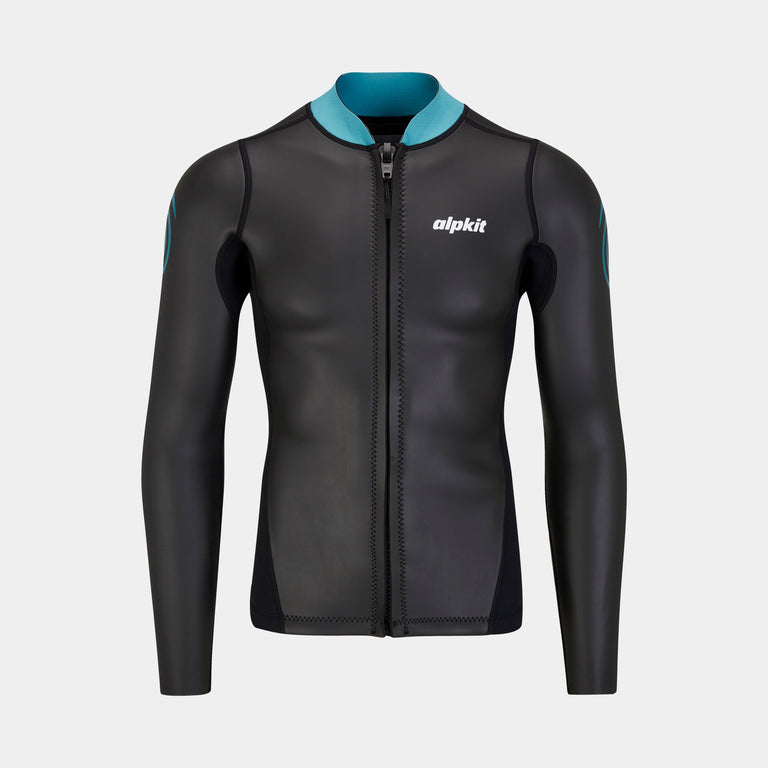
![Element Wetsuit Jacket [Mens]](http://eu.alpkit.com/cdn/shop/products/element-mens-jacket-pants-ecom-2_20228afb-4b26-41de-8747-726b26edded5.jpg?v=1699443321&width=768)
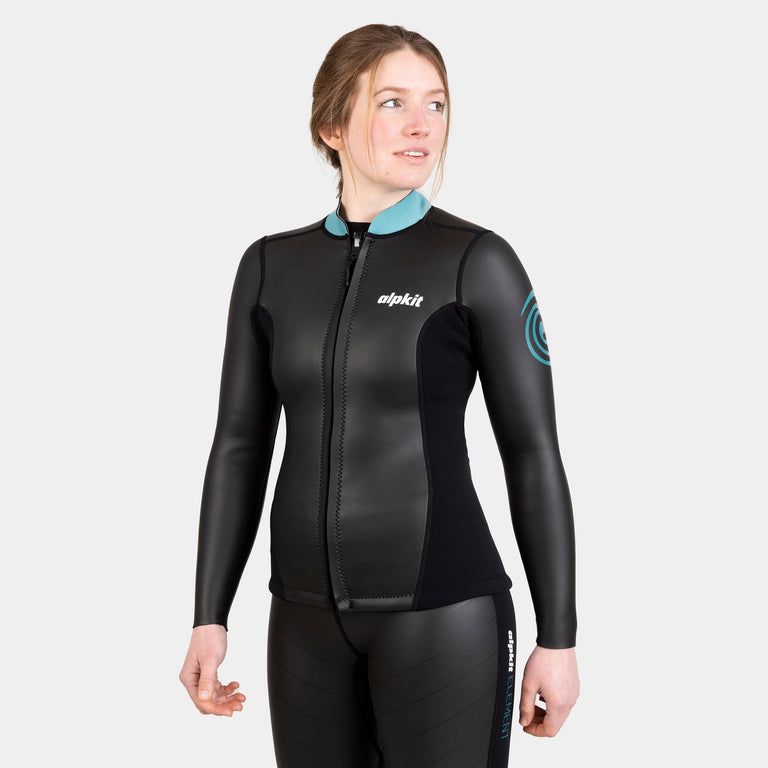
![Element Wetsuit Jacket [Womens]](http://eu.alpkit.com/cdn/shop/products/element-womens-jacket-pants-ecom-2.jpg?v=1702651976&width=768)
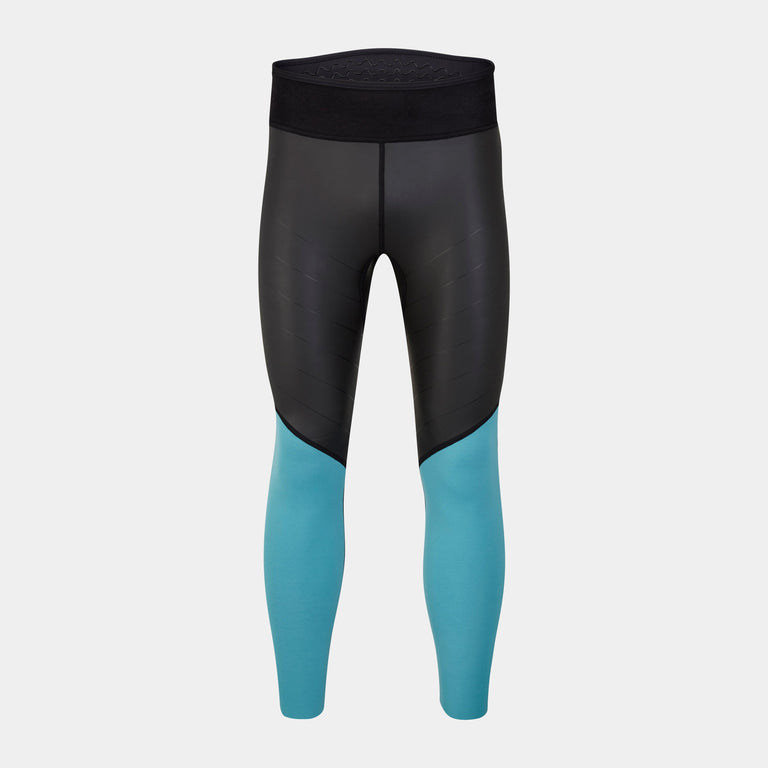
![Element Wetsuit Pants [Mens]](http://eu.alpkit.com/cdn/shop/products/element-mens-jacket-pants-ecom-2_c06af369-dc75-44f8-9ccb-f65f3737c4aa.jpg?v=1699443392&width=768)
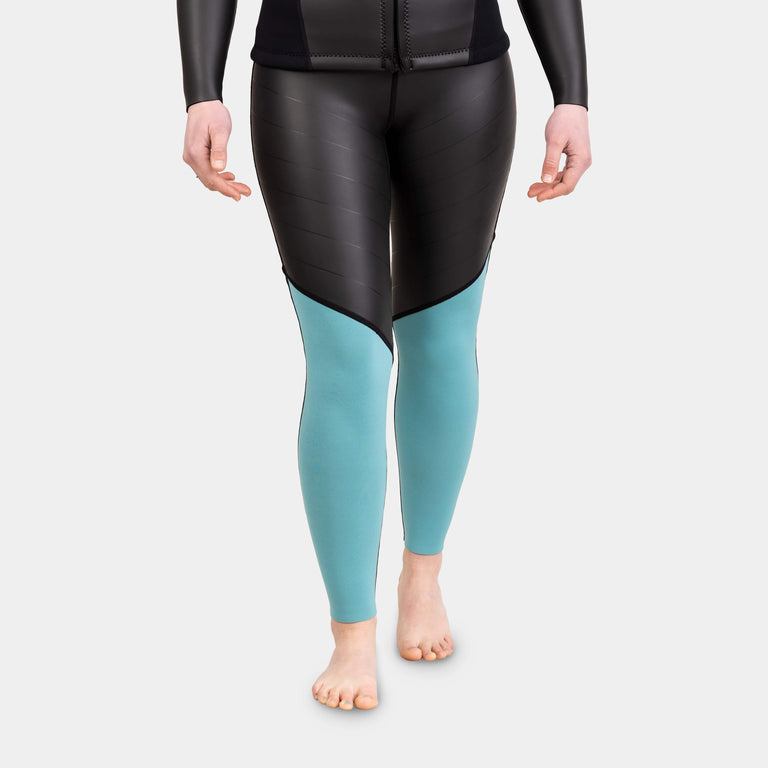
![Element Wetsuit Pants [Womens]](http://eu.alpkit.com/cdn/shop/products/element-womens-jacket-pants-ecom-2_255d3f4a-410d-4d32-a657-6d9bab5b0d2d.jpg?v=1702651971&width=768)
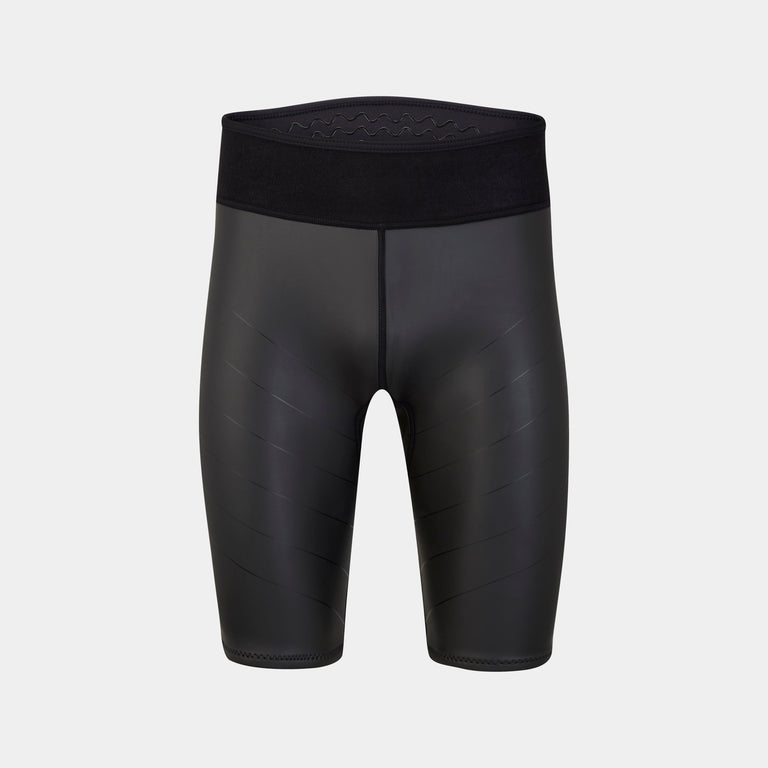
![Element Wetsuit Shorts [Mens]](http://eu.alpkit.com/cdn/shop/products/element-mens-vest-shorts-ecom-2.jpg?v=1702916294&width=768)
![Element Wetsuit Shorts [Womens]](http://eu.alpkit.com/cdn/shop/products/womens-element-shorts.jpg?v=1702654051&width=768)
![Element Wetsuit Shorts [Womens]](http://eu.alpkit.com/cdn/shop/products/element-womens-vest-shorts-ecom-1.jpg?v=1702654051&width=768)
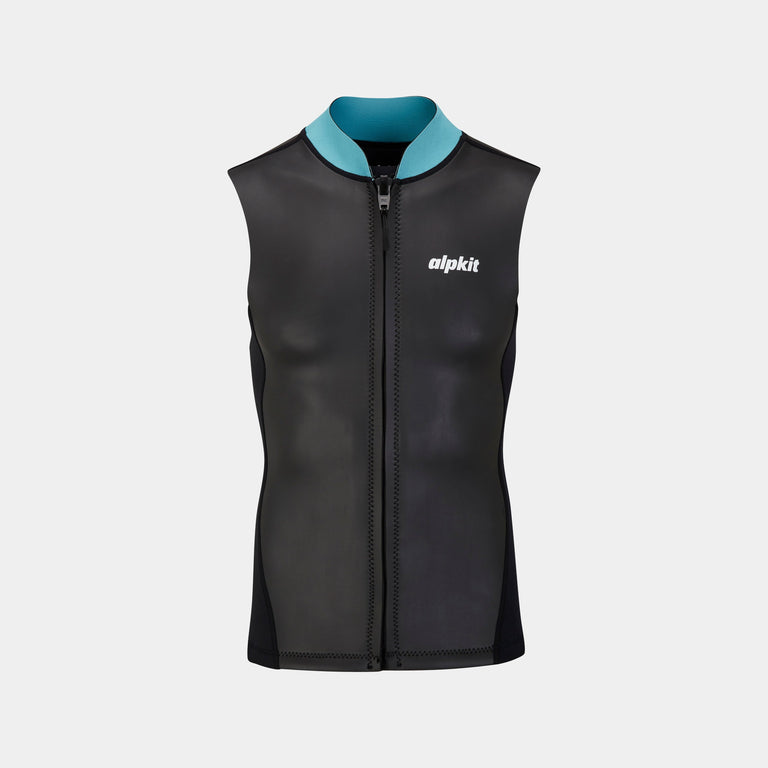
![Element Wetsuit Vest [Mens]](http://eu.alpkit.com/cdn/shop/products/element-mens-vest-shorts-ecom-2_bed513c4-b564-4446-856d-d889f90f885e.jpg?v=1702909396&width=768)
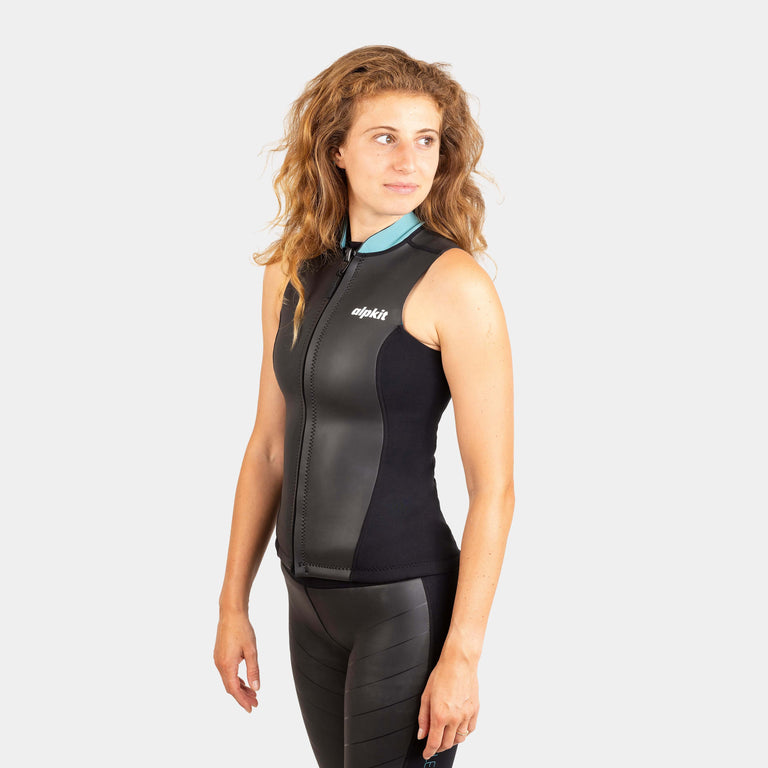
![Element Wetsuit Vest [Womens]](http://eu.alpkit.com/cdn/shop/products/element-womens-vest-shorts-ecom-1_1528bae7-f3c8-4428-8269-460923ac64da.jpg?v=1702894771&width=768)
![Silvertip Cold Water Wetsuit [Womens]](http://eu.alpkit.com/cdn/shop/files/silvertip-womens.jpg?v=1706641977&width=768)
![Silvertip Cold Water Wetsuit [Womens]](http://eu.alpkit.com/cdn/shop/files/SWAKSILTSC-neoprene-outdoor-swimming-cap-in-water_758f3933-2d1a-471a-a965-24105416e9b2.jpg?v=1706641977&width=768)
